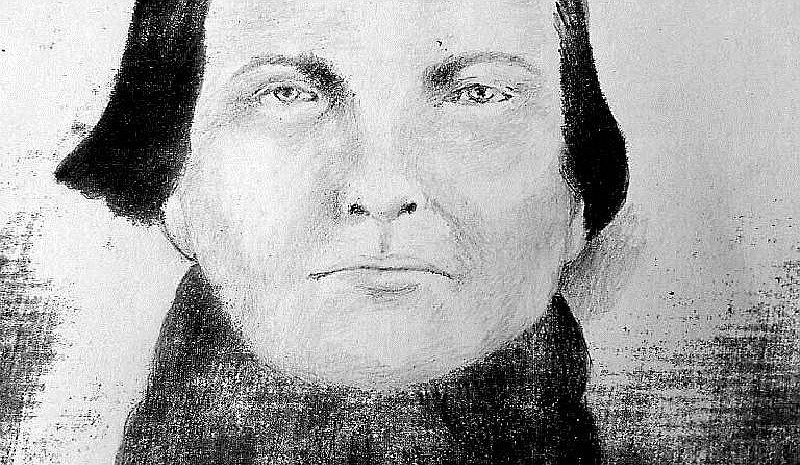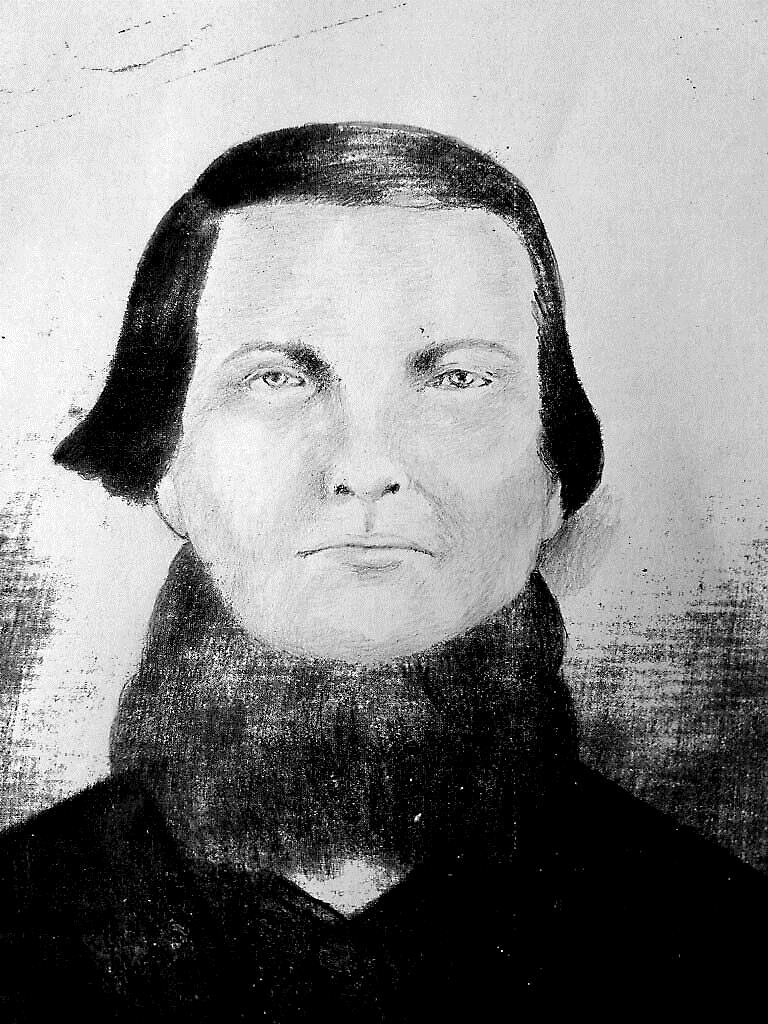View other columns by Mark Kennedy
James Mason Anderson, a Confederate soldier, died from a blast to the face at the Battle of Shiloh, one of the bloodiest engagements of the Civil War.
Anderson, a farmer from the northeastern corner of Alabama, left a widow and nine children. A century and a half later, he is not forgotten.
Such is the nature of family life in the South.
On April 30, at a family cemetery in Trion, Ga., Anderson - whose body was never recovered from the Shiloh battleground - will be memorialized 155 years after his death.
Two of his great- great-granddaughters - Martha Schug of Chickamauga, Ga., and Peggy Gayler of East Ridge - have put together the ceremony.
There will be a 21-gun salute by a delegation from the Sons of the Confederate Veterans. A stone marker will be planted noting Anderson's short life, the cousins say.
Anderson was 36 years old when he was killed at the battle, which spread across portions of southwest Tennessee and northern Mississippi.
"At some point we just said, 'Nobody else is going to remember him. He's ours. Why don't we do a memorial service?'" said Gayler.
"When I read about Shiloh, it told about how the Union soldiers refused to bury the dead bodies of the Confederates," said Schug.
James Anderson's brother, William Anderson, was a witness to his death and is said to have marked his body with a red handkerchief. Several days later when William came to retrieve the body it was gone, perhaps pulled into the woods by animals or grouped with other dead soldiers in a shallow grave.
The two-day battle produced 25,000 casualties, which includes those killed, wounded or missing. The extent of the carnage at the 1862 battle is said to have shocked a nation that was just beginning to understand the scope of the conflict.
Back home in Cherokee County, Ala., Anderson's widow, Martha, was suddenly facing the task of raising nine children on her own.
Schug and Gayler, both 66, remember hearing stories passed down by their family members about James Anderson's life and death. They share an interest in family genealogy and have collected documents and oral history that hint at the hardships endured by the widow, Martha Anderson, and her children after the war.
A letter passed down by a great-aunt tells the story in detail. James Anderson is said to have come home to visit his pregnant wife in Cherokee County less than a month before she gave birth.
Hearing that a big battle was brewing in a letter from a friend, James left her side to rejoin his unit, the 19th Regiment of the Alabama Volunteers. Before he left home in Alabama, he bounced two of his young sons on his knees and kissed his wife.
After Anderson's death, his wife, a midwife by trade, struggled to keep the family together. At one point, she walked miles to retrieve one of her daughters, a 6-year-old who had been taken by an uncle to raise.
Later, the little girl would write that she was lavished with attention by her uncle's family but couldn't stop thinking about her hungry brothers and sisters back home.
As generations pass, family stories like these are becoming lost to history. Ironically, modern technology makes the study of family genealogy easier than ever.
That families in the South are still grappling with losses from the Civil War is a reminder that we live in an area where America once came apart at the seams.
The memorial for James Anderson is Sunday, April 30, at 2 p.m. at the Williams Cemetery at 943 Williams Cemetery Road in Trion, Ga.
Anyone may attend.
Contact Mark Kennedy at mkennedy@timesfreepress.com or 423-757-6645.


